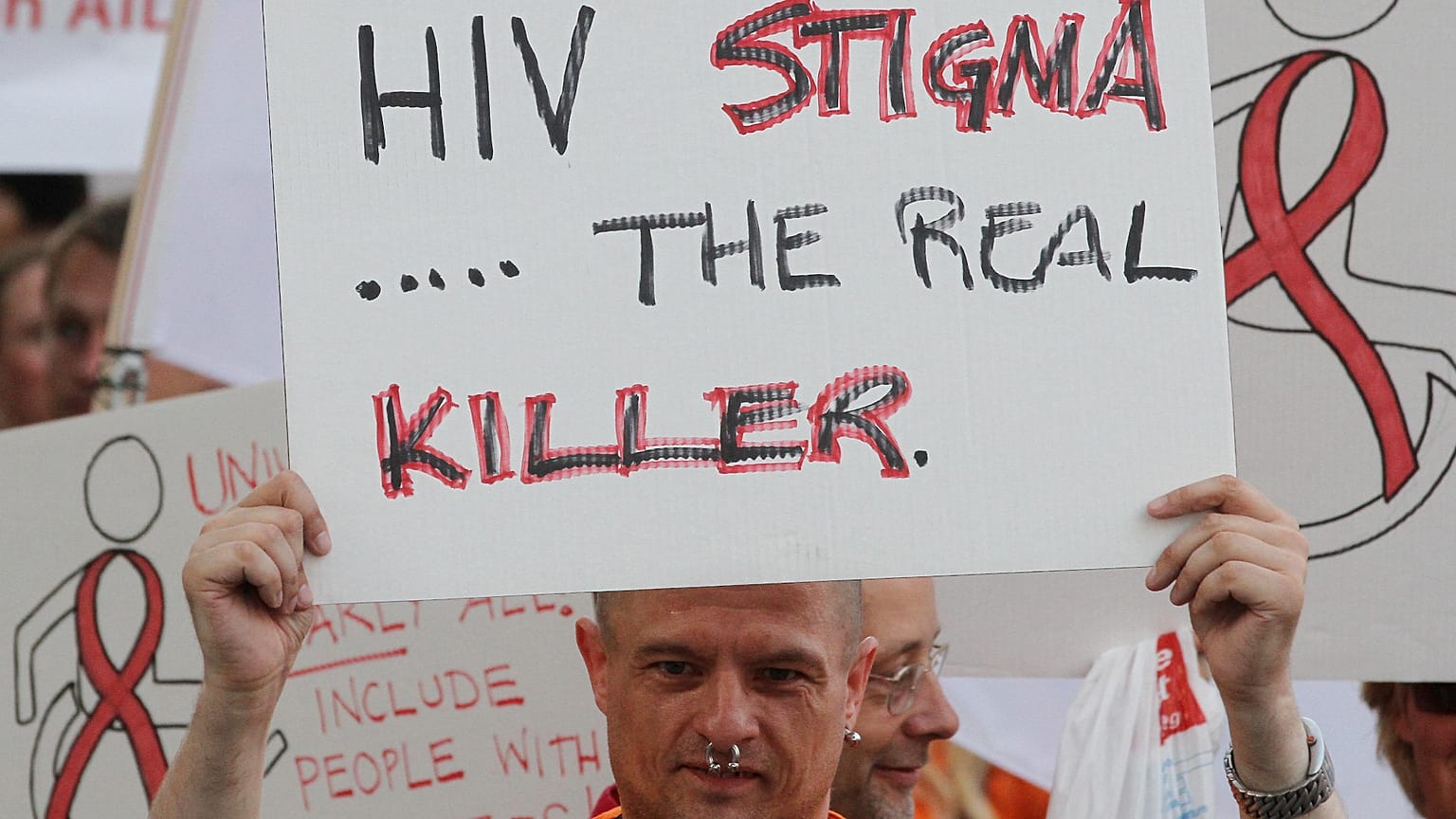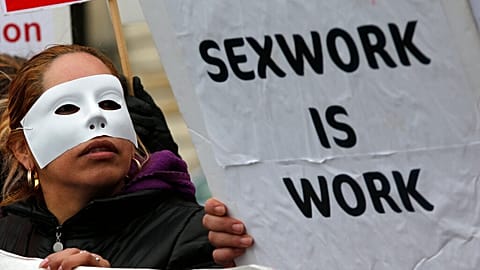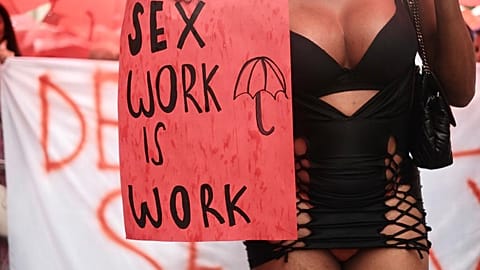Criminal charges were filed against more than 30 women in 2012, with authorities publishing the personal details, photos and HIV status of most of them.
The European Court of Human Rights (ECHR) ruled on Tuesday that authorities in Greece violated the privacy rights of a group of women who were arrested and publicly identified in 2012 as HIV-positive sex workers who allegedly endangered public health.
The case was brought before the Strasbourg-based court by 11 Greek women, 10 of whom had been arrested and charged with intentionally attempting to inflict serious bodily harm by allegedly having unprotected sex with customers.
The eleventh woman was not a sex worker but was identified as one after being mistaken for her sister. Five of the case’s original petitioners have died in the meantime.
The ECHR found that Greek authorities had violated the privacy of two women by forcibly subjecting them to blood tests, and of four of the women by publishing their personal details. It awarded a total of €70,000 in damages.
"The information disseminated concerned the applicants' HIV-positive status, disclosure of which was likely to dramatically affect their private and family life, as well as social and employment situation, since its nature was such as to expose them to opprobrium and the risk of ostracism," the court said in a statement about the ruling.
The prosecutor who ordered the publication of the women's personal information "had not examined whether other measures, capable of ensuring a lesser degree of exposure for the applicants, could have been taken," it added.
What exactly happened in 2012
In the run-up to Greece's 2012 elections, the country's then health minister, Andreas Loverdos, championed a crackdown on unlicensed brothels following a spike in reported HIV cases.
Women were rounded up from illegal brothels and the streets and forced to undergo virus testing at police stations.
Prostitution is legal in Greece, with regular health checks a requirement for sex workers.
Criminal charges were filed against more than 30 women, with authorities publishing the personal details, photos, and HIV status of most of them, along with the accusation that they had deliberately endangered their clients by having sex without condoms.
Several of the women involved have since died, including one who was reported to have taken her own life.
HIV stigma and discrimination in Europe
According to data released last December by the Spanish Presidency of the Council of the EU, 800,000 citizens across the bloc live with HIV.
A survey of 3,270 infected people on HIV stigma in Europe and Central Asia was published by the European Centre for Disease Prevention and Control (ECDC) in September last year.
It found that more than one in four (28 per cent) of the respondents had been concerned at some point in their lives that they may be criminalised due to their infection.
Some 11 per cent of the participants said they had been tested for the virus without consent, and one in three reported not having felt well treated at least once in a healthcare setting.
One in five people living with HIV said they had been verbally harassed by a stranger.
When it comes to family and friends, nearly one in three (30 per cent) of the respondents reported not having told a single family member that they were infected.
Around one in five had not told a single friend - rejection from friends was the most commonly reported type of experienced stigma (24 per cent) - or a current sexual partner.
Of the people surveyed, 60 per cent admitted it is difficult to tell people about their HIV infection.
“These data illustrate the need to ensure that education, awareness and other interventions around stigma meet the needs of … people who have sex in exchange for money or other goods,” ECDC said in the report.



















